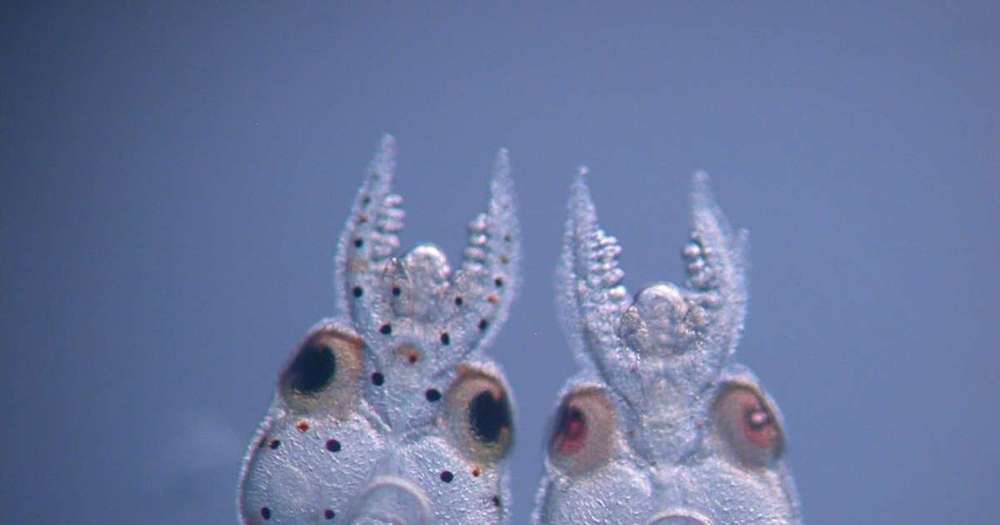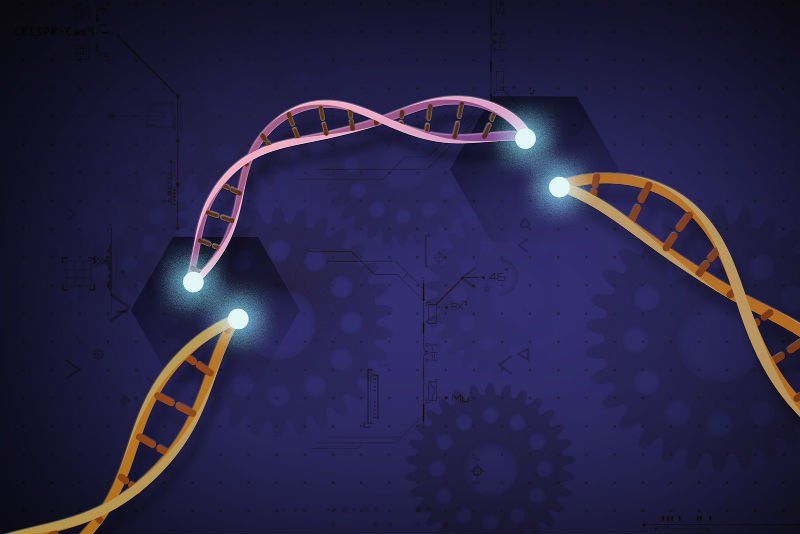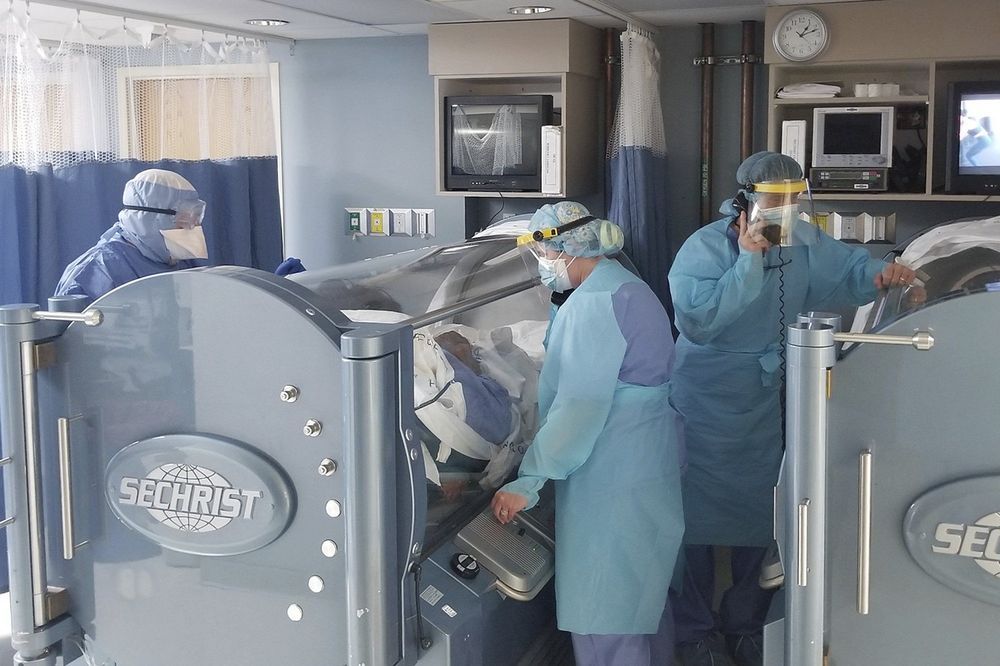Start the day smarter. Get all the news you need in your inbox each morning.
The squid typically have dark eyes and an array of black and reddish brown spots across their bodies while the genetically altered hatchlings have light pink or red eyes and almost no dark spots.
The milestone, which was first reported in Current Biology Thursday, could pave the way for researchers to study the biology of cephalopods like squid, octopus and cuttlefish the same way they study more common lab animals like study mice and fruit flies.







